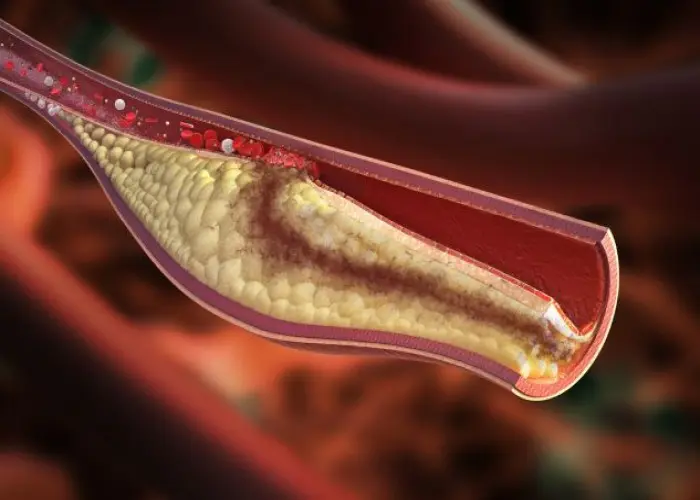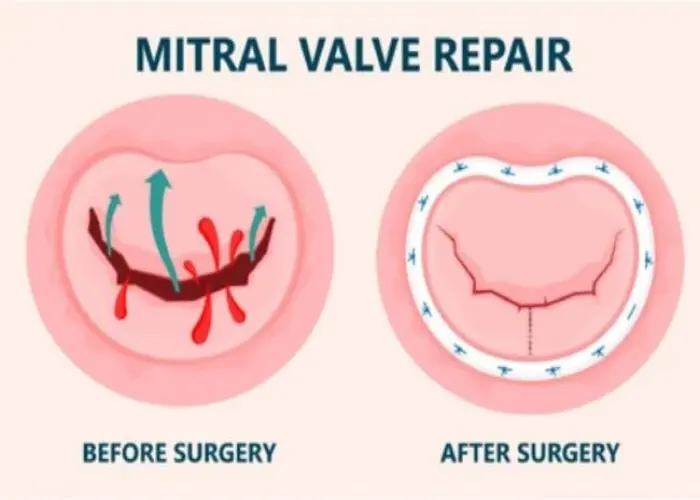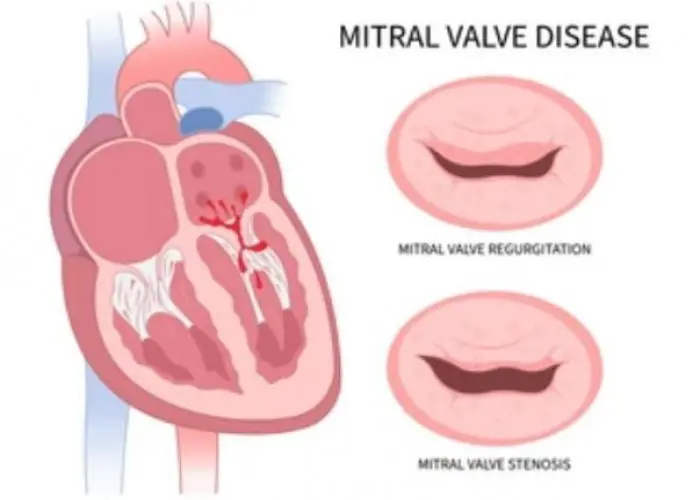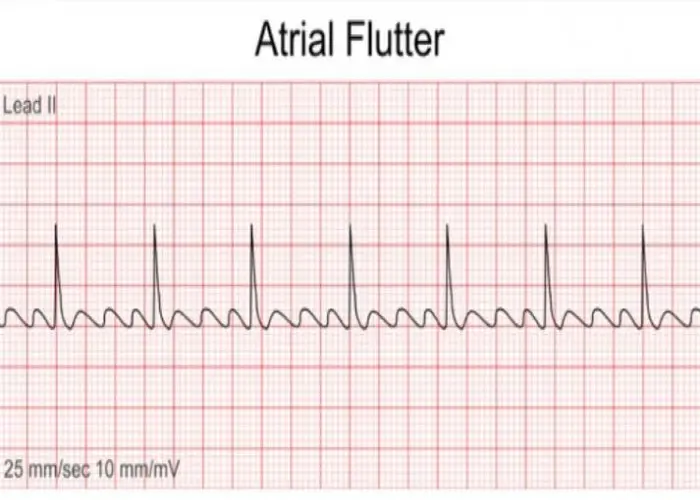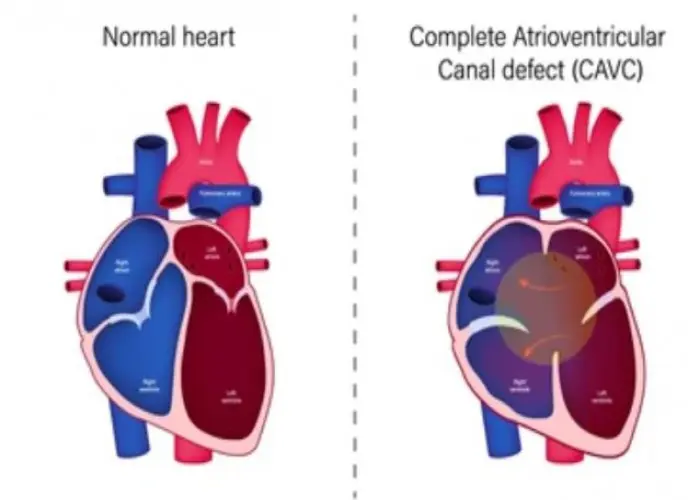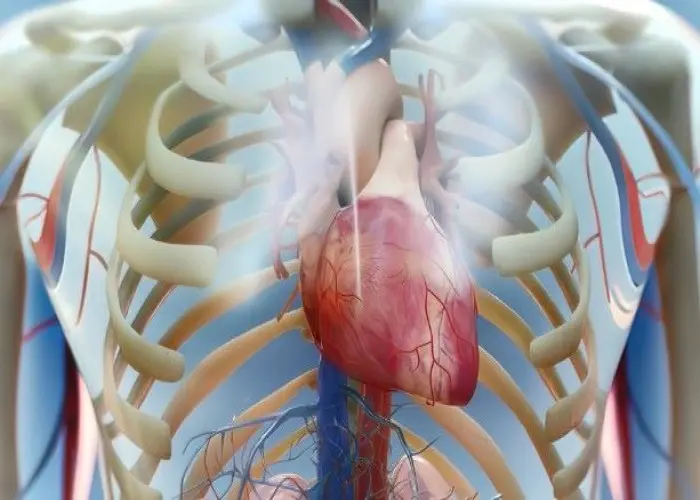 Welcome
Welcome
“May all be happy, may all be healed, may all be at peace and may no one ever suffer."
- A
- B
- C
- D
- E
- F
- G
- H
- I
- J
- K
- L
- M
- N
- O
- P
- Q
- R
- S
- T
- U
- V
- W
- X
- Y
- Z
Heart - Diseases
The heart is a muscular organ located in the chest cavity, slightly to the left of the sternum. It is responsible for pumping blood throughout the body, supplying oxygen and nutrients to the tissues and organs, and removing waste products.
The heart is made up of four chambers: the right atrium, right ventricle, left atrium, and left ventricle. The atria are the top chambers, which receive blood from the body and the lungs, respectively. The ventricles are the bottom chambers, which pump blood out of the heart to the lungs and the rest of the body.
The heart's pumping action is controlled by electrical impulses that originate in the sinoatrial (SA) node, a small cluster of cells located in the right atrium. These impulses spread throughout the heart, causing the muscles to contract and pump blood.
Various factors can affect heart health, including lifestyle choices like diet and exercise, as well as medical conditions like high blood pressure, high cholesterol, diabetes, and heart disease. Symptoms of heart disease may include chest pain, shortness of breath, fatigue, and dizziness.
Maintaining a healthy lifestyle is essential for good heart health. This includes a balanced diet, regular exercise, not smoking, managing stress, and getting enough sleep. Treatment for heart disease may include medications, surgery, or lifestyle changes, depending on the severity and underlying cause. Regular check-ups with a healthcare provider can help detect and manage heart-related conditions.
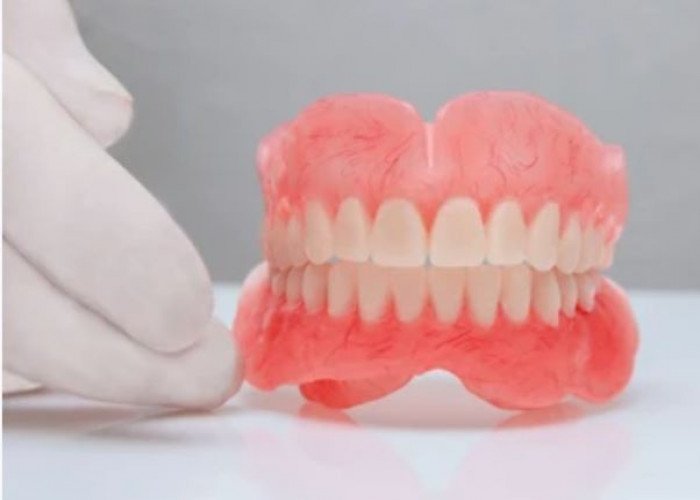
Jaw

Interstitium
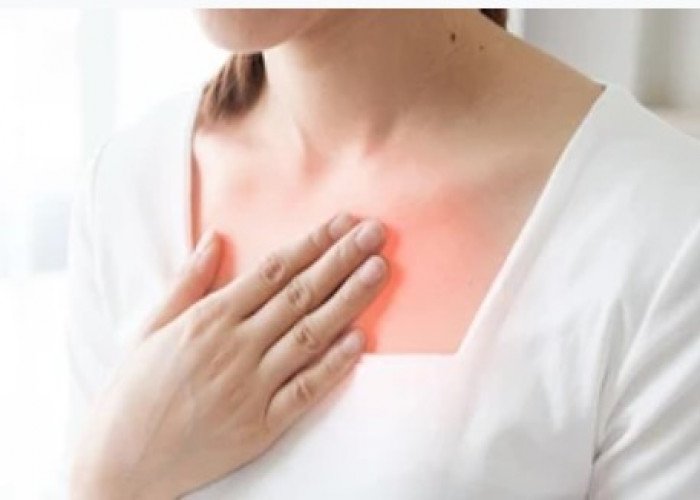
Chest

Breast

Spinal Nerves
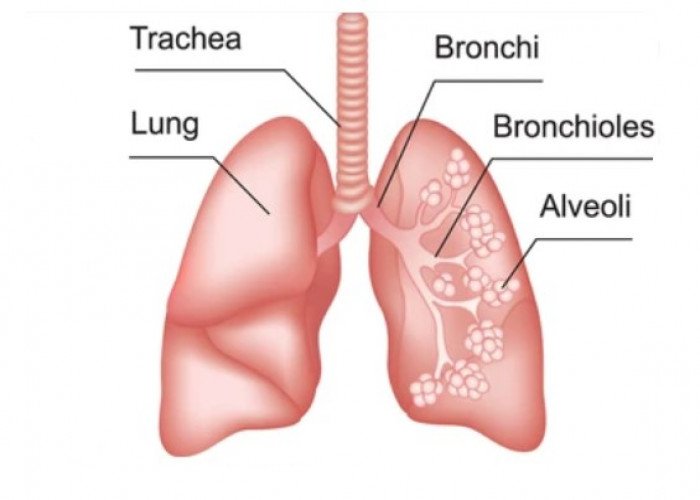
Trachea
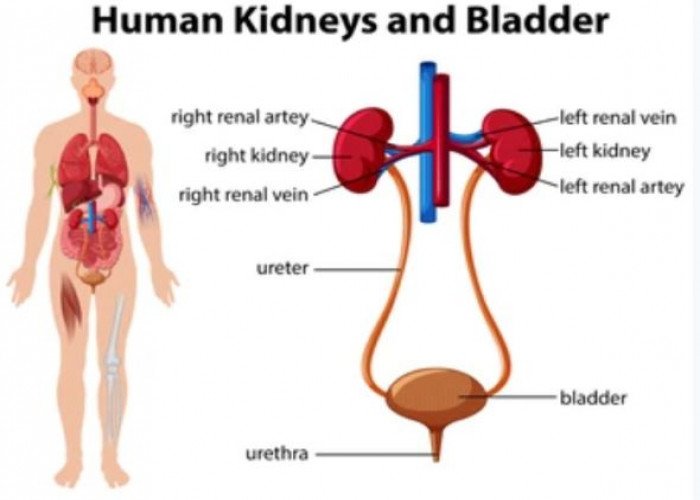
Kidneys

Achilles
Heart, Myocardial infarction, হার্ট
To be happy, beautiful, healthy, wealthy, hale and long-lived stay with DM3S.
